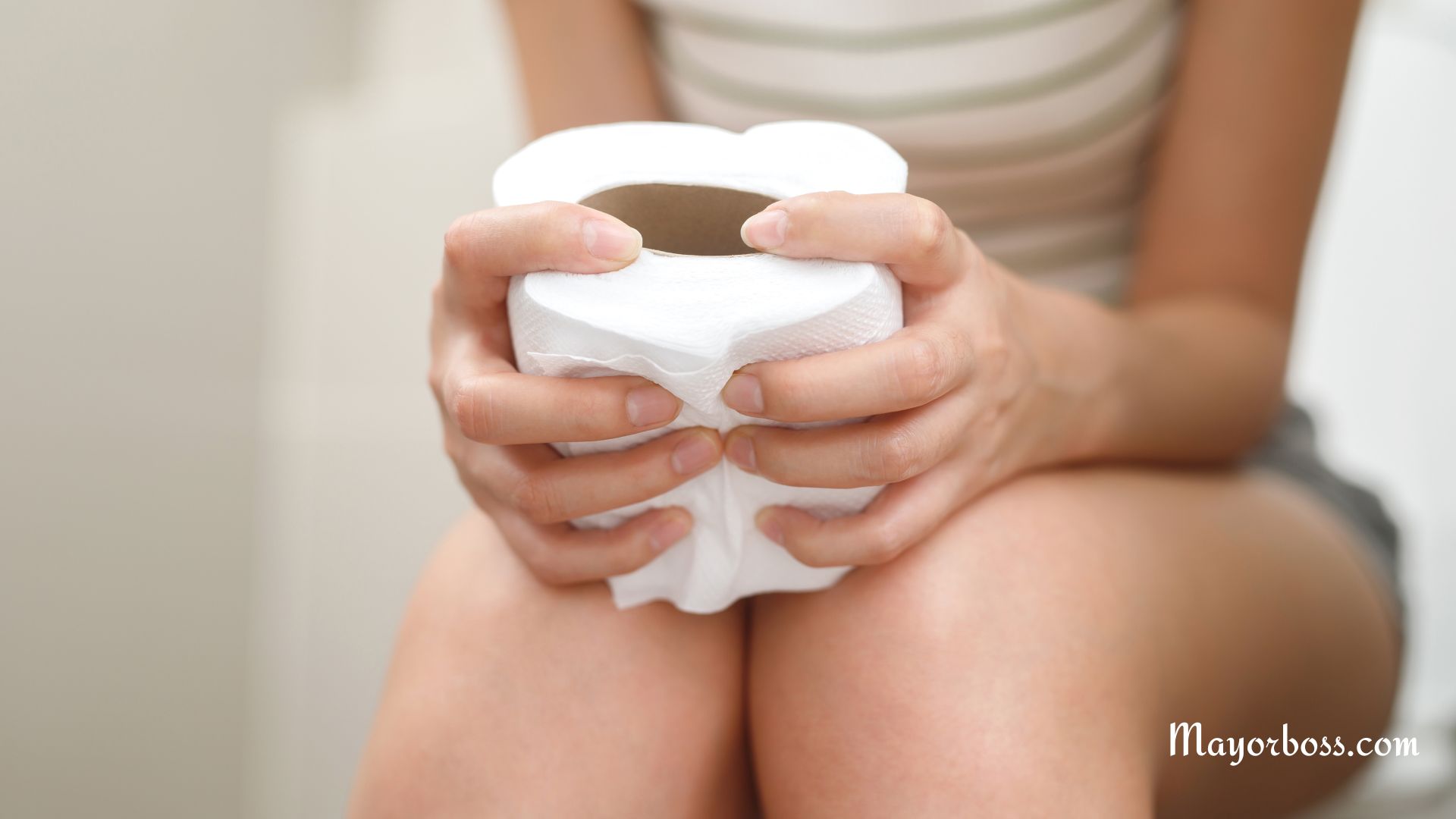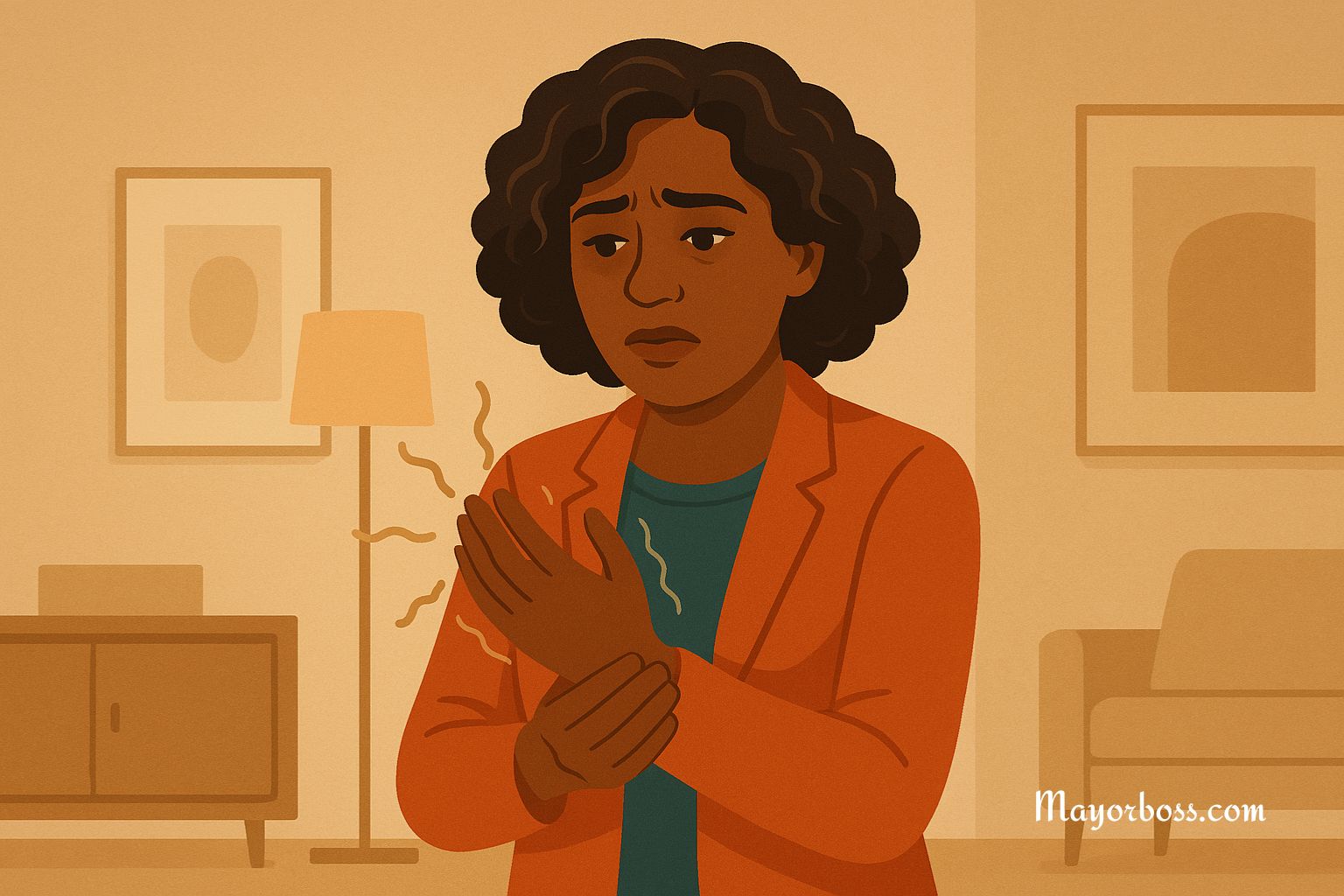Symptoms of Hypothyroidism in Women
Hypothyroidism is a condition where your thyroid gland doesn’t make enough hormones. The thyroid is a small, butterfly-shaped gland in your neck that helps control your body’s metabolism. When it doesn’t work properly, your body slows down. This can cause many symptoms, and sometimes they can be hard to notice or may seem like other health problems. Hypothyroidism is more common in women than in men, especially as they get older. That’s why it’s important to know the symptoms so you can catch it early and get the right treatment.

fatigue
One of the major signs of hypothyroidism is feeling tired all the time, even after getting a full night’s sleep. If you often need naps or feel exhausted from doing regular activities, it could be a sign your thyroid isn’t making enough hormones. Since your thyroid controls your metabolism, low hormone levels can slow your body down, making you feel tired and weak.
weight gain
If you are gaining weight without changing your diet or how much you exercise, hypothyroidism might be the reason. When the thyroid isn’t working properly, your metabolism slows down, which makes it hard for your body to burn calories. Because of this, many women with hypothyroidism notice weight gain, especially around their stomach, even though they haven’t made any big changes in their lifestyle.
trouble tolerating cold
Do you feel colder than everyone else, even when the room feels fine to others? Feeling extra cold is another common symptom of hypothyroidism. When your thyroid hormone levels are low, your body has trouble making enough heat, which can make you feel cold a lot of the time. This might be most noticeable in your hands and feet, which can feel cold even if the rest of your body feels warm.
dry skin or dry, thinning hair
Many women with hypothyroidism notice changes in their skin and hair. Low thyroid hormone levels can make you sweat less, which makes your skin dry and flaky. Your hair can also become dry, break easily, and fall out more than normal. Eyebrows, especially the outer parts, might get thinner. If you’ve noticed dry skin or more hair loss, it’s a good idea to check if your thyroid is causing it.
joint and muscle pain
Hypothyroidism can also affect your muscles and joints, causing pain, stiffness, or weakness. When your metabolism slows down, waste products can build up in your muscles, which can make them ache or cramp. Some women also have joint pain or swelling, especially in their hands, feet, or knees, which can be uncomfortable.
depression and mood changes
Thyroid hormones are very important for your mental health. If you have hypothyroidism, you might feel depressed, irritable, or have mood swings. Low thyroid hormones can change serotonin levels in your brain, which is a chemical that helps control your mood. If you’ve been feeling sad, anxious, or more emotional than usual, it could be because of an underactive thyroid.
changes in your periods and trouble getting pregnant
Hypothyroidism can also change your menstrual cycle. Some women may have heavier, longer, or irregular periods. Low thyroid hormone levels can also interfere with ovulation, making it harder to get pregnant. If your periods are unusual or you’re having trouble getting pregnant, it’s worth asking your doctor to check your thyroid levels.
constipation
Another common symptom of hypothyroidism is constipation. Since hypothyroidism slows down most body functions, it also affects your digestive system, making bowel movements harder and less frequent. If you’re having ongoing constipation that doesn’t get better with diet changes, it could be because your thyroid isn’t working well.
memory problems and trouble concentrating
Many women with hypothyroidism say they have “brain fog,” which means they have trouble concentrating or remembering things. Low thyroid hormones can slow down how your brain works, which can make you forget things, feel confused, or have trouble focusing. If you feel mentally slow or have a hard time keeping up in conversations, it could be a sign of hypothyroidism.
high cholesterol levels
Hypothyroidism can also cause higher cholesterol levels. Thyroid hormones help your body process fats, so if you don’t have enough, your cholesterol levels can go up. If your cholesterol is high and doesn’t get better with diet or lifestyle changes, it might be because of your thyroid.
When to See Your Doctor
If you notice any of these symptoms, it’s a good idea to see your doctor. Hypothyroidism can be diagnosed with a simple blood test that checks your thyroid hormone levels. Treatment usually involves taking daily medicine to replace the missing hormones, which can help improve your symptoms and make you feel better. The sooner hypothyroidism is found, the easier it is to manage, so don’t ignore the signs your body may be showing you.
Keep in mind that many of these symptoms could be caused by other health issues or lifestyle factors, which is why it’s important to talk to a healthcare provider for an accurate diagnosis. If you’re feeling tired, gaining weight, or noticing changes in your skin, hair, or mood, take action—it could be your thyroid telling you something.






